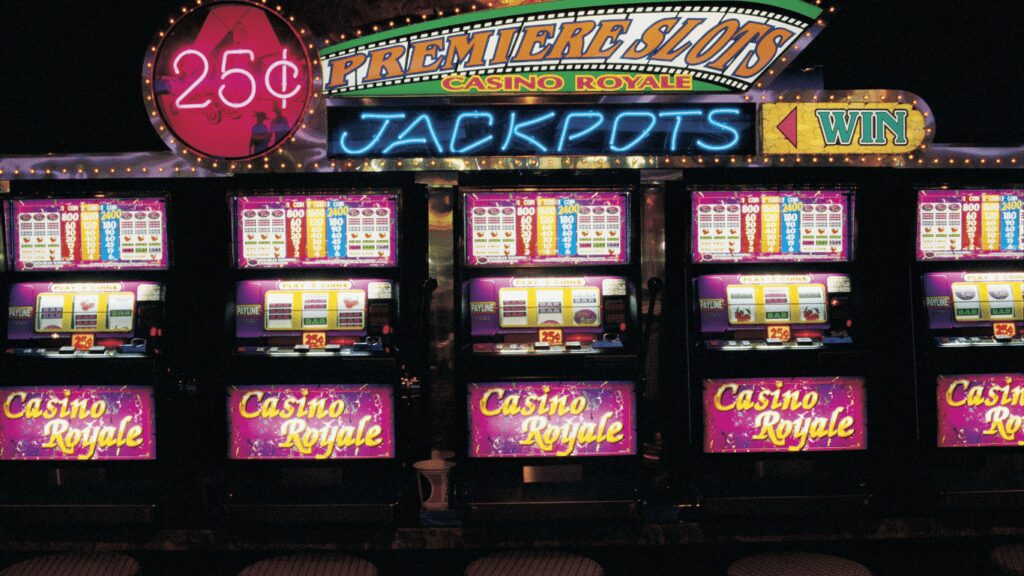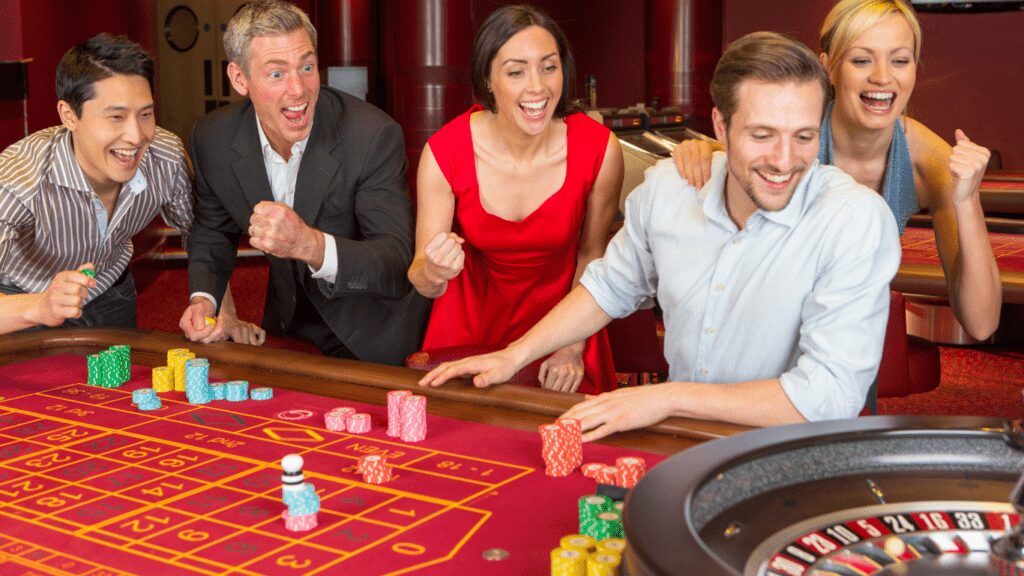I’ve always been fascinated by the thrill of high-stakes gambling. There’s something captivating about watching someone risk it all on a single roll of the dice or a turn of the card. What drives these high rollers to make such bold moves? Is it the adrenaline rush, the allure of winning big, or something deeper rooted in their psychology?
Understanding High Rollers
High rollers, often described as the elite of the gambling world, possess unique traits and motivations that fuel their high-stakes decisions. Their behavior offers insights into risk, reward, and human psychology.
Who Are High Rollers?
High rollers, also known as “whales,” are individuals who wager significant amounts in gambling activities. Casinos often offer them VIP treatment, including:
- access to private games
- luxury accommodations
- exclusive amenities
to encourage their patronage. These gamblers span various backgrounds, from business moguls to celebrities, with one common factor—high financial resources. Their actions often reflect a blend of wealth, confidence, and a desire for recognition or excitement.
Characteristics of Big-Bet Behavior
- Big-bet behavior is defined by a strong appetite for risk and unmatched confidence in decision-making.
- High rollers display selective attention to odds and outcomes, trusting their intuition or strategies.
- Emotional resilience is another defining trait, with the ability to handle substantial losses without drastic reactions.
- Many also pursue the thrill of uncertainty, finding a sense of fulfillment in high-stakes scenarios.
- The social dynamics of being a high roller, including status and admiration from peers, further reinforce these behaviors.
The Psychology of Risk-Taking

Big-bet behavior involves an intricate mix of emotional thrill, cognitive processing, and psychological reinforcements. Understanding the mental dynamics behind risk-taking reveals why high rollers embrace uncertainty.
The Thrill of the Gamble
The rush of gambling originates from dopamine release in the brain’s reward pathways. Winning or even anticipating a win triggers this response. High rollers experience amplified excitement due to the sheer magnitude of their stakes. This thrill creates a cycle where the intensity of the excitement becomes addicting, driving them to seek bolder bets.
Psychological Rewards and Reinforcements
Behavioral reinforcement strengthens risk-taking tendencies. For high rollers, each win validates their confidence and risk tolerance, contributing to a strong sense of personal control. Social recognition, status elevation, and exclusive casino perks also serve as external reinforcements. These factors create a feedback loop, where perceived rewards outweigh potential losses.
Cognitive Biases in Risky Decisions
Cognitive biases significantly shape big-bet behavior. Optimism bias leads high rollers to overestimate their chances of success, while loss aversion reduces the emotional impact of small setbacks compared to potential gains. The illusion of control, a belief in influencing random outcomes, further fuels their decision-making. Each bias distorts risk perception, making strategies appear more favorable than they are.
Social Dynamics of High-Stakes Gambling
High-stakes gambling isn’t just about individual decisions. Social interactions and group dynamics play a significant role in shaping big-bet behavior.
Influence of Peer Pressure
Peer pressure impacts decision-making in high-risk gambling scenarios. High rollers are often surrounded by peers who encourage risky behavior, normalizing high-stakes wagers as a symbol of boldness. Encouragement from fellow gamblers and spectators builds social momentum, pushing individuals to bet more aggressively.
Shared environments, like exclusive casino lounges, amplify this effect. These spaces create a sense of camaraderie, where personal risks seem diminished in the presence of like-minded individuals. For example, a gambler might raise their bets to match or surpass a friend’s wager, elevating their social standing within the group.
Status and Prestige in High-Risk Wagers
Status drives a significant portion of high-stakes gambling behavior. High wagers function as a public statement of wealth, confidence, and power, earning admiration and envy from others. This prestige motivates high rollers to adopt riskier behaviors, reinforcing their elite reputation.
Casino operators contribute to this dynamic by spotlighting high rollers. They provide VIP perks, such as luxury suites and personalized services, which distinguish these gamblers as exclusive and influential. Additionally, public displays, such as winning large jackpots, further raise their status, creating a feedback loop where gambling success enhances social recognition.
Consequences of Big-Bet Behavior
Big-bet behavior carries substantial repercussions, impacting gamblers financially, emotionally, and psychologically. These risks often escalate with extended high-stakes gambling involvement.
Financial and Emotional Risks
High-stakes gambling frequently leads to significant financial losses. While high rollers may possess the means to absorb losses, repeated failures can result in depleted resources, forced asset sales, or insolvency. Examples include business magnates losing millions in a single session or celebrities facing publicized financial struggles due to gambling debts.
Emotional turmoil often accompanies financial instability. Uncertainty in outcomes causes stress, and losses trigger regret, guilt, and anxiety. The interplay between emotional highs from wins and severe lows from losses creates an unstable psychological state, which gambling fails to normalize over time.
Long-Term Impact on Mental Health
Persistent big-bet behavior exacerbates mental health complications. Chronic gambling feeds addiction, hijacking the brain’s reward system, making it increasingly difficult to resist high-stakes urges. Over time, this can lead to compulsive gambling disorder, as categorized by the American Psychiatric Association.
Anxiety and depression are common among individuals pursuing aggressive gambling patterns. Losses, reinforced by unrealistic optimism, contribute to feelings of hopelessness. Social isolation, often a result of ruined relationships or reputational damage, compounds these mental health struggles. Cases of public figures retreating from social spaces after gambling scandals highlight the weight of these consequences.

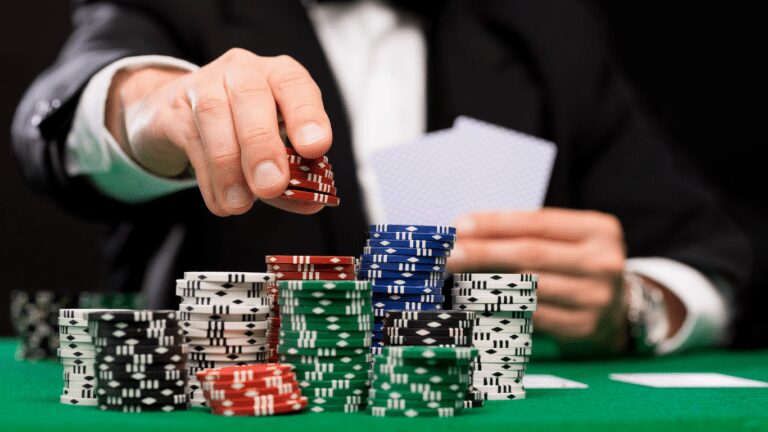
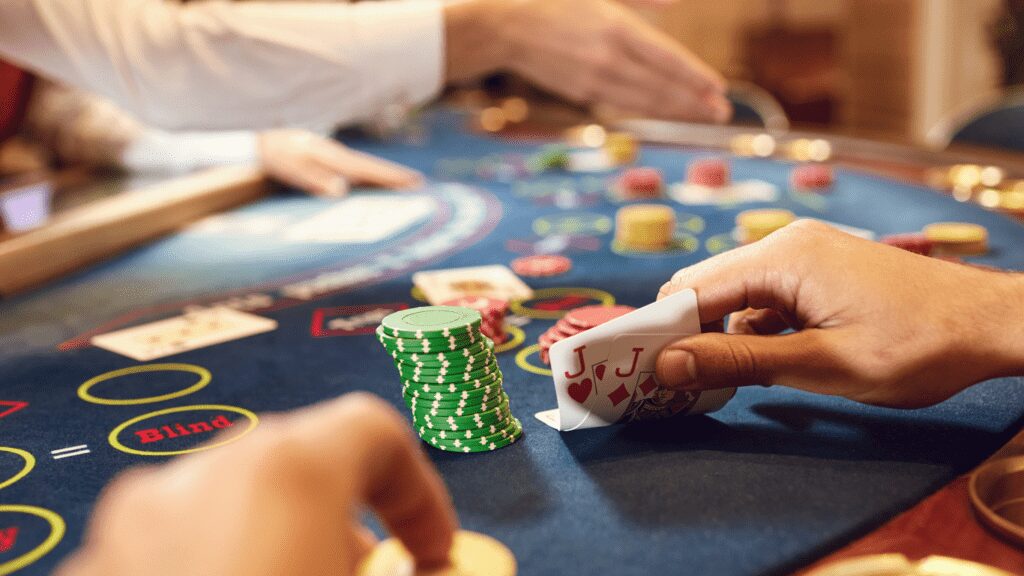
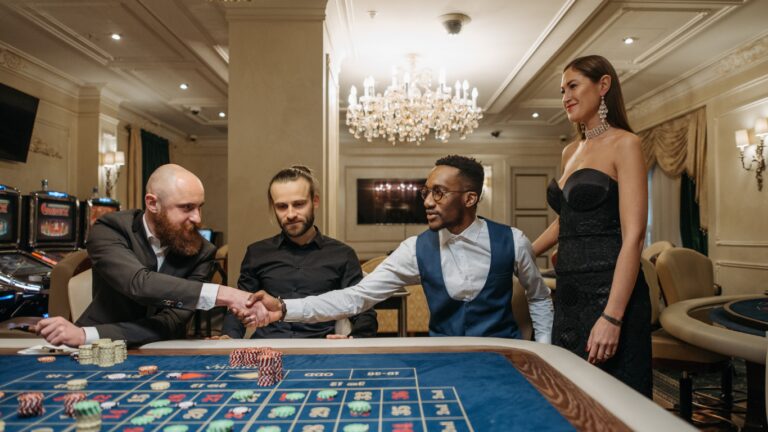

































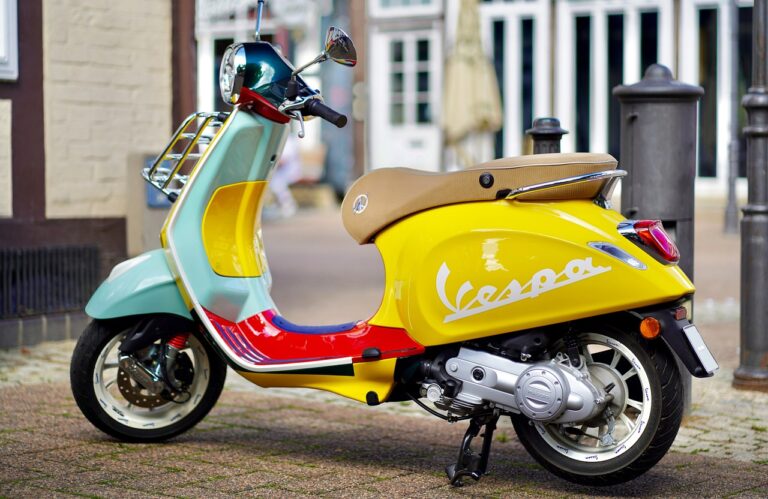










































































































































































































































































































































































































































































































































































































































































































































































































































































































































































































































 Jaxon Waters is a tech-driven gambling strategist and co-founder of Casinomastermindx.com. With a strong background in data analytics and online gaming systems, he blends technology and casino expertise to deliver sharp insights into digital gambling trends and innovations.
Jaxon Waters is a tech-driven gambling strategist and co-founder of Casinomastermindx.com. With a strong background in data analytics and online gaming systems, he blends technology and casino expertise to deliver sharp insights into digital gambling trends and innovations.